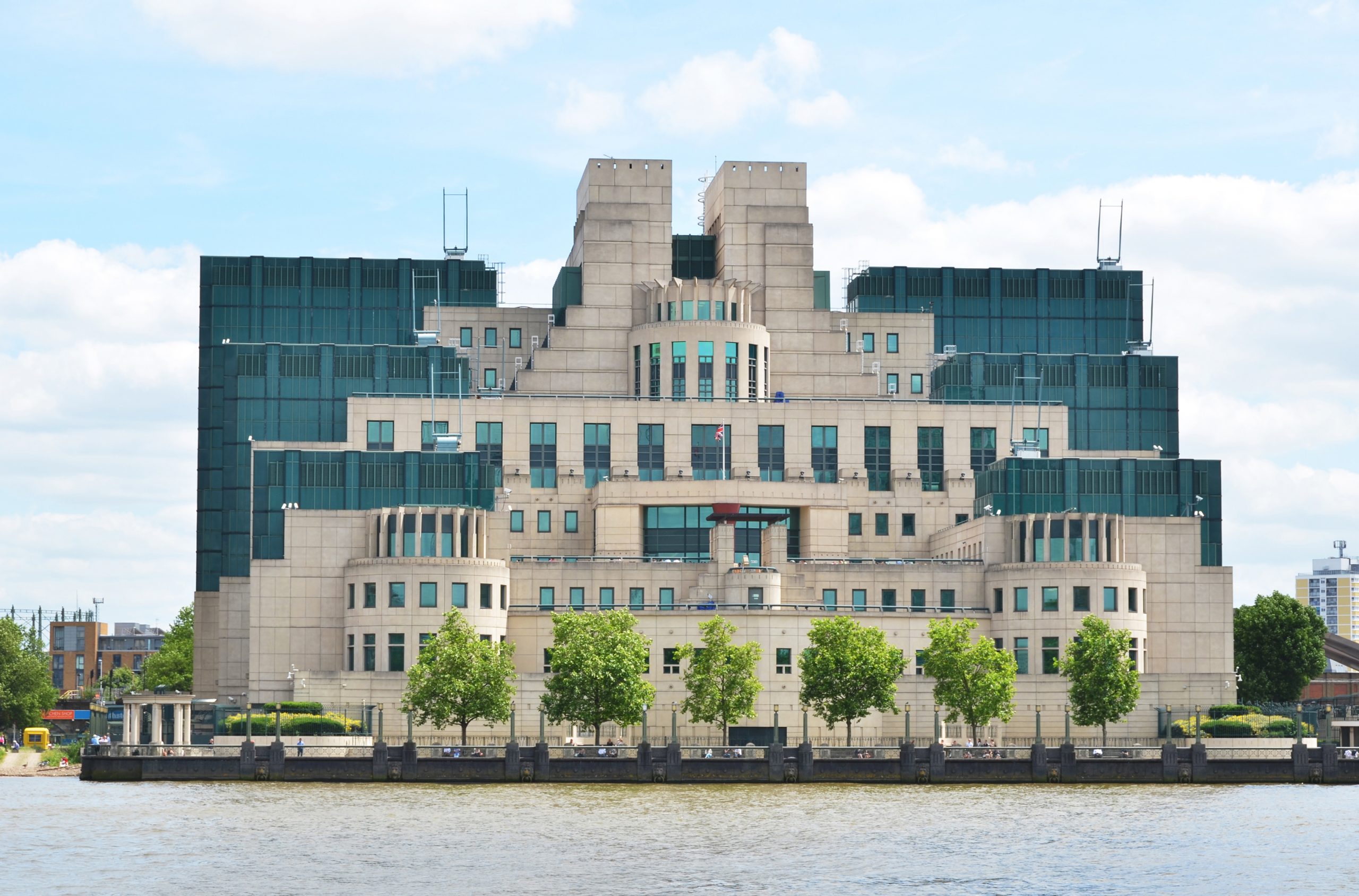While the imprisonment of Julian Assange at London’s Belmarsh high-security prison — for the fourth consecutive World Press Freedom Day — was being raised by media outlets, civil liberty groups and press freedom organisations the world over, 3 May 2023 saw the UK House of Commons debate the latest iteration of the increasingly draconian National Security Bill 2023 (National Security Bill).
The National Security Bill creates a raft of new offences, including two which mandate either a fine or life imprisonment and multiple other offences prescribing a maximum of either 10 or 14 years imprisonment.
In March, a number of Peers in the House of Lords raised strongly worded concerns and proposed some level of restrictions but were ultimately unsuccessful. The House of Commons has not taken up these concerns either.
Number 10 and the Home Office, along with a majority of parliamentarians in both houses, are justifying this bill as necessary to protect national security and defend the country from “espionage”, “sabotage” and “foreign interference.”
A detailed analysis of the earlier version of the National Security Bill from June 2022, which I drafted for Consortium News and which remains valid, should be consulted by readers seeking more information.
The National Security Bill 2023 is over 200 pages long and the most recent version as amended on 7 March 2023 can be found here with proposed Lords amendments as of 15 March found here and the subsequent amendments, disagreements and reasons made on 3 May 2023 found here.
For simplicity’s sake, “Clauses” in the Bill are referred to here as “Sections”, because that is what they become known as once a bill becomes law.
Despite government assurances, the National Security Bill would, if enacted, radically curb whistleblowing, public interest and adversarial journalism, and stifle direct action activism, all to levels unseen in the UK for multiple generations, if not in its entire history.
Life in Prison for Receiving Restricted Material
The National Security Bill 2023 criminalises obtaining or sharing “protected information” (i.e. any restricted material including videos, emails, documents and reports) in Section 1 and “trade secrets” (i.e. any privately held corporate information which has “actual or potential industrial, economic or commercial value”) in Section 2. It also creates an offence of “assisting a foreign intelligence service” (even if their conduct doesn’t actually support a foreign intelligence service and they don’t even know or intend for it to do so) in Section 3.
The state need not provide any actual evidence of harm or damage to any individual or to UK national security in order to secure a conviction.
A conviction under Section 1 would result in a fine or a life sentence. Convictions under Sections 2 to 4 impose a maximum of 14 years and a conviction under Section 5 would result in a six month sentence.
The “foreign power condition” must be satisfied for these Sections to apply, but that condition can be easily satisfied, as members of the Houses of Commons and Lords themselves noted.
The Bill also allows the government to expand the definition of a “prohibited space” and has two separate offences (Section 4 Entering etc a prohibited place for a purpose prejudicial to the UK and Section 5 Unauthorised entry etc to a prohibited place) which criminalise, accessing, entering, inspecting — including photographing or filming or reviewing someone else’s photographs or films, passing over or under, approaching or even being in the vicinity of a “prohibited place” or doing the same with an “unmanned vehicle or device” — even in circumstances were no intent to cause harm to the national security of the country is involved.
A prohibited place includes any land, location or vehicle used for “UK defence purposes”, related to the extraction of metals, oils or minerals used for “UK defence purposes” or which exists “for the purposes of the defence of a foreign country or territory”; either within the UK or in relation to UK bases in Cyprus.
“A Powerful Chilling Effect” on Investigative Journalism
These offences “would cover a wide range of reporting, whether about sexual assaults on board a nuclear submarine, Chinese influence in the UK, bullying by intelligence officers, an innocent photograph of a nuclear power station or huge investigations such as the Panama Papers,” Lord Black of Brentwood said during the Lords debate on 1 March 2023.
“The problem is that, when journalists start investigating a story, they cannot possibly know where it will lead and whether their reports might ‘materially assist a foreign intelligence service’,” Lord Black said.
This creates a “powerful chilling effect on investigative reporting by responsible journalists,” he added.
Lord Black argued that journalists “should not be criminalised for what they ought to have known, even if what they actually did know at the time is taken into account,” which is how the law is currently framed.
“It is too nebulous and such a low bar that much reporting could be caught. Editors and reporters would far too often be forced to stop an important public interest investigation because of the fear of breaking the law and individuals facing prison sentences,” Lord Black said.
“We are concerned about the interests of journalists, and that is the title of this group. I do not accept what the Minister said when he suggested that it was permissible to rely on the fact that journalists have not in the past been prosecuted under security legislation. That may as a matter of fact be true, but it is neither safe nor good legislative practice to rely on it without tightening up the legislation so as to prevent such prosecutions succeeding,” Lord Marks of Henley-on-Thames, a Liberal Democrat, said during the Lords’ debates on 1 March 2023.
Passing off “National Interest” for “National Security”
“[W]ithout a narrower definition of the interests of the UK, the Bill contains a worrying restriction on investigative journalism and campaigning where conduct that could be taken to breach Clauses 1 to 5 might be contrary to government policy,” Lord Marks noted.
“[S]uch policy might, as the Bill is drawn, have nothing to do with security but could embrace, for example, environmental protection, energy policy, safety standards, food standards, water quality, international competition in trade, immigration—the list could be endless,” Lord Marks said.
“As the Bill is structured at the moment, disclosing any restricted information which came into a journalist’s or campaigner’s hands for a purpose that is contrary to government policy in any policy area could constitute an offence under Clause 1, provided that the foreign power condition[s] were met,” Lord Marks pointed out.
Presciently, Lord Marks added that “lack of clarity in the criminal law is always the enemy of investigative reporting”.
“Uncertainty as to whether something will end up in a lengthy jail sentence for a reporter or editor is anathema to media freedom. Here we have—even with the government amendments—lack of clarity and uncertainty, and a chilling effect from the wording that judges journalists for what they ought to have known.”
Yet, attempts in the House of Lords to introduce a public interest defence or journalistic defence to offences listed in Sections 1 to 5 all failed.
A Convoluted and Draconian Law With No Real Protections
The House of Commons, on 3 May 2023, did not revive the matter of the need for protection for journalists and whistleblowers within this bill nor did they seek to restrict the application of the offences against journalists and activists.
Needless to say, there will be disputes as to when these various powers can be appropriately applied and when the conditions for their application are satisfied. However, given how broadly many of these conditions could be interpreted, it would be naïve to assume that they would only apply in cases of genuine espionage directed by foreign state powers, especially since the wording of the Bill clearly excludes that requirement.
It is noteworthy that the public can also be excluded — on national security grounds — from legal proceedings resulting from charges in this bill.
The National Security Bill appears fairly close to being finalised within the next month or two, and without any major organised opposition from the public and press, seems likely to pass without any journalistic or public interest protections whatsoever.
Truth Defence will publish at least two more posts on the National Security Bill. One will outline some of the new powers designed to authorise government officials to demand information, including journalistic materials from individuals. A further post will address the nebulously defined offences of “Foreign Interference”.
We will continue to update our subscribers in relation to this bill and other laws and policies which seek to curb and control the right to dissent, seek out information and hold the powerful to account.
Mohamed Elmaazi
Mohamed Elmaazi is the new Editor-in-Chief of Truth Defence. He is a UK-based researcher and journalist who writes on a variety of subjects including geopolitics and legal encroachments upon on civil liberties and human rights. Mohamed has covered all of Julian Assange's extradition hearings. His work has appeared in numerous outlets including The Dissenter, Consortium News, Jacobin, The Canary, The Grayzone, The Real News Network, the BBC and The Guardian. He also publishes articles via his website TheInterregnum.net. You can follow him on Twitter @MElmaazi.

